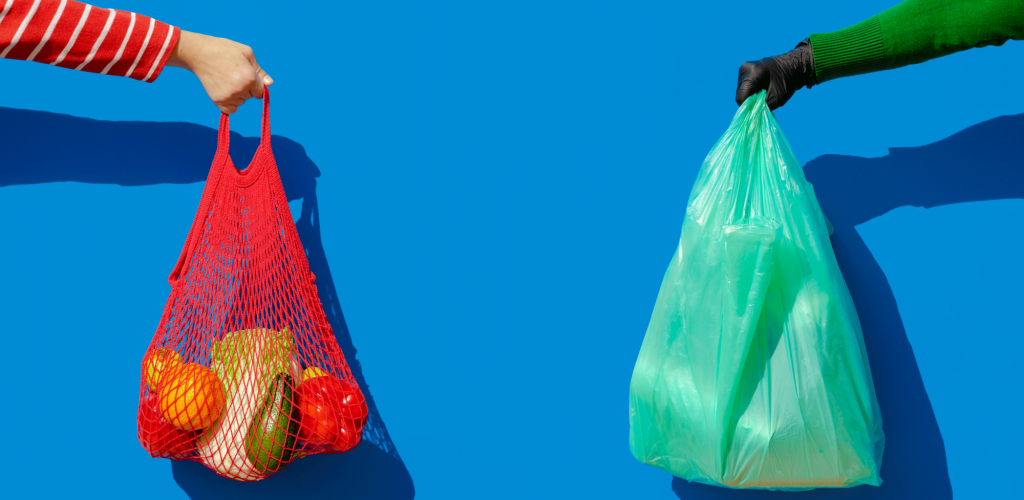
Recyclability and recyclable are often mistakenly used interchangeably to describe the “sustainability” of a product; however, they represent different aspects of the recycling process, and it is important that we intentionally use the correct term.
Recyclability refers to the inherent characteristics of a product that make it acceptable to be recycled. It assesses the degree to which a material can be processed and transformed into new products or materials through recycling technologies. Factors considered in determining recyclability include the composition of the material, its physical properties, and the availability of recycling infrastructure and technologies to handle it effectively.
When a material or product is labeled as “recyclable,” it means that it has the potential to be recycled. It implies that, based on its composition and properties, the material can undergo recycling processes and be transformed into new products or materials.
The recyclability of a material or product does not guarantee its actual recycling or the availability of recycling facilities in a specific area. Collection systems, sorting capabilities, market demand for recycled materials, and infrastructure all play a role in determining whether a material labeled as recyclable will be successfully recycled.
PCR, or post-consumer recycled content, refers to the percentage of materials in a product that has been recycled from previously used consumer products diverted from the waste stream for recycling. When plastic bottles, paper, or aluminum cans, are collected through recycling programs, they undergo a process to transform them into raw materials that can be used to create new products. The recycled materials are then incorporated into the production of new items, reducing the need for virgin materials and minimizing environmental impact.
Using post-consumer recycled content in manufacturing helps to conserve natural resources, reduce energy consumption, and decrease waste going to landfills or incinerators. It is an important aspect of sustainable production and consumption practices and promotes the circular economy by extending the life cycle of materials and reducing reliance on virgin resources.
Understanding the difference between recyclability and recyclable materials is important because when packaging materials are designed with recyclability in mind, they can be collected, processed, and transformed into new products, reducing the need for extracting and manufacturing virgin materials. California and other states have regulations and policies in place to encourage recycling and reduce packaging waste. Understanding recycling terminology is important for packaging companies to ensure compliance.
Consumers are becoming increasingly conscious of their purchasing power and the majority prefer products with sustainable packaging. By prioritizing recyclable and/or packages made with recycled content, packaging companies can enhance their brand image and reputation, attract environmentally conscious consumers, and differentiate themselves in the market to gain a competitive advantage. Knowing the appropriate recycling terminology allows companies to make credible claims about their packaging’s environmental benefits, increasing consumer and customer trust and loyalty.
Recyclability is one aspect of a product’s overall sustainability story; it is important to identify customer’s priorities and evaluate further sustainable options (e.g., right-sizing, volume reductions, etc.) when discussing their goals and product preferences.
We offer guidance to help you reduce your environmental footprint – whether it be for your packaging needs, operations, or beyond.
Look to us for the industry’s sustainable best practices and resources.

About Shorr Packaging
Shorr Packaging is an industry-leading, award-winning distributor of packaging products, equipment, and services. We represent the best-known packaging product manufacturers and brands in the industry and are one of the largest independent packaging distributors in the nation. Founded in 1922, we are an established, employee-owned company with a long history and success record, all attributed to one simple principle — listen to the customer. To learn more, visit www.shorr.com.
